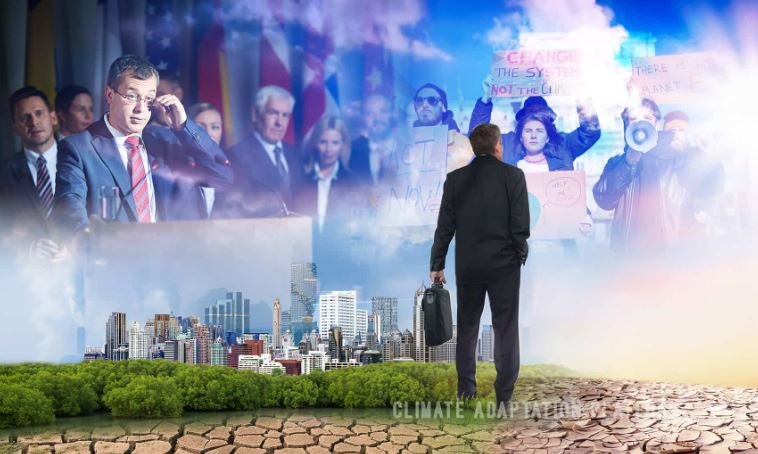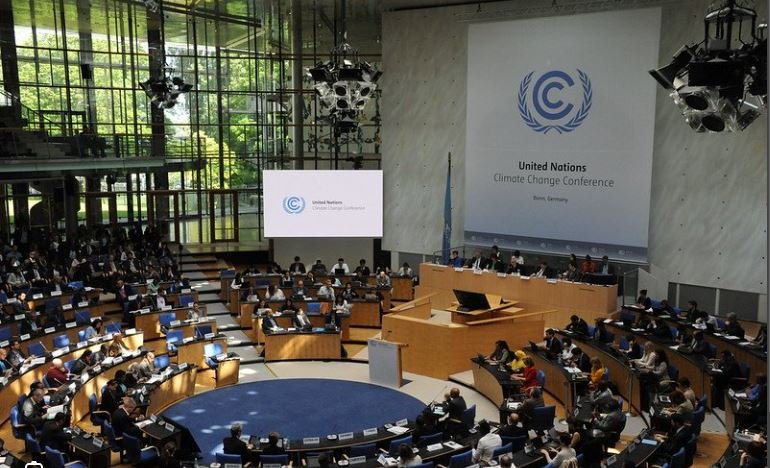The role of government in climate change mitigation is crucial as the world faces increasingly severe environmental challenges. Governments have the power to enact policies, implement regulations, and foster international cooperation to address the climate crisis effectively. By leading efforts in reducing greenhouse gas emissions, promoting renewable energy, and supporting sustainable practices, governments play a pivotal role in mitigating climate change. In this blog post, we will examine how government actions are essential for driving climate change mitigation and ensuring a sustainable future.

1. Policy-Making and Regulation
Governments hold the authority to create policies and regulations that directly impact climate change mitigation. Through legislation, they can set emission reduction targets, impose carbon taxes, and regulate industries contributing to environmental degradation. These actions force businesses and individuals to adopt more sustainable practices, thus reducing the overall carbon footprint.
For example, governments can mandate the use of renewable energy sources like wind, solar, and hydroelectric power by offering incentives or imposing penalties on fossil fuel usage. This approach encourages the transition to cleaner energy and reduces reliance on carbon-intensive energy sources. Additionally, governments can regulate emissions from vehicles and industrial processes, setting standards that limit the release of harmful pollutants into the atmosphere.
2. Promoting Renewable Energy
The role of government in global warming mitigation extends to promoting renewable energy development. By investing in research and development, governments can advance technologies that harness renewable energy more efficiently. They can also provide subsidies or tax breaks to companies and individuals who invest in renewable energy systems.
For instance, governments can incentivize the installation of solar panels on homes and businesses by offering tax credits or rebates. They can also support large-scale renewable energy projects, such as wind farms or hydroelectric dams, by providing funding or facilitating permits. By promoting renewable energy, governments help reduce dependence on fossil fuels and lower greenhouse gas emissions.
3. Global Cooperation and Agreements
Climate change is a global issue that requires collective action. Governments play a key role in fostering international cooperation to address the climate crisis. Through participation in global agreements, such as the Paris Agreement, governments commit to reducing their carbon emissions and working together to mitigate the effects of climate change.
International cooperation allows countries to share resources, knowledge, and technologies, which can accelerate climate change mitigation efforts. Governments can collaborate on cross-border initiatives, such as protecting forests, which serve as vital carbon sinks, or developing shared renewable energy projects. By working together, governments can amplify their impact on global climate change mitigation.
4. Supporting Sustainable Practices
Government actions also focus on supporting sustainable practices across various sectors. By promoting sustainable agriculture, governments can encourage farmers to adopt practices that reduce emissions, such as no-till farming or organic farming methods. Governments can also support reforestation projects, which help sequester carbon dioxide from the atmosphere and restore biodiversity.
In urban areas, governments can promote sustainable development by implementing green building standards and encouraging the use of public transportation. By developing policies that support sustainability, governments ensure that economic growth does not come at the expense of the environment. These efforts contribute to long-term climate change mitigation and the preservation of natural resources for future generations.
5. Public Awareness and Education
Raising public awareness and educating citizens about climate change is another critical aspect of the government’s role in climate change mitigation. Governments can lead public information campaigns to inform people about the impact of their actions on the environment and the importance of reducing their carbon footprint. By providing access to information, governments empower individuals to make more environmentally conscious decisions in their daily lives.
Education initiatives can also be integrated into school curriculums, ensuring that future generations understand the significance of climate change and the need for collective action. Through public awareness and education, governments can cultivate a culture of sustainability, where individuals are motivated to contribute to climate change mitigation efforts.
Conclusion
In conclusion, the role of government in climate change mitigation is indispensable. Governments have the authority and resources to implement policies, regulations, and incentives that drive significant environmental change. By promoting renewable energy, supporting sustainable practices, and fostering global cooperation, governments play a pivotal role in reducing greenhouse gas emissions and mitigating the impacts of climate change. Additionally, by raising public awareness and educating citizens, governments can encourage widespread participation in climate change mitigation efforts. As the climate crisis continues to pose a significant threat, the actions of governments worldwide will be crucial in shaping a sustainable future for all.

